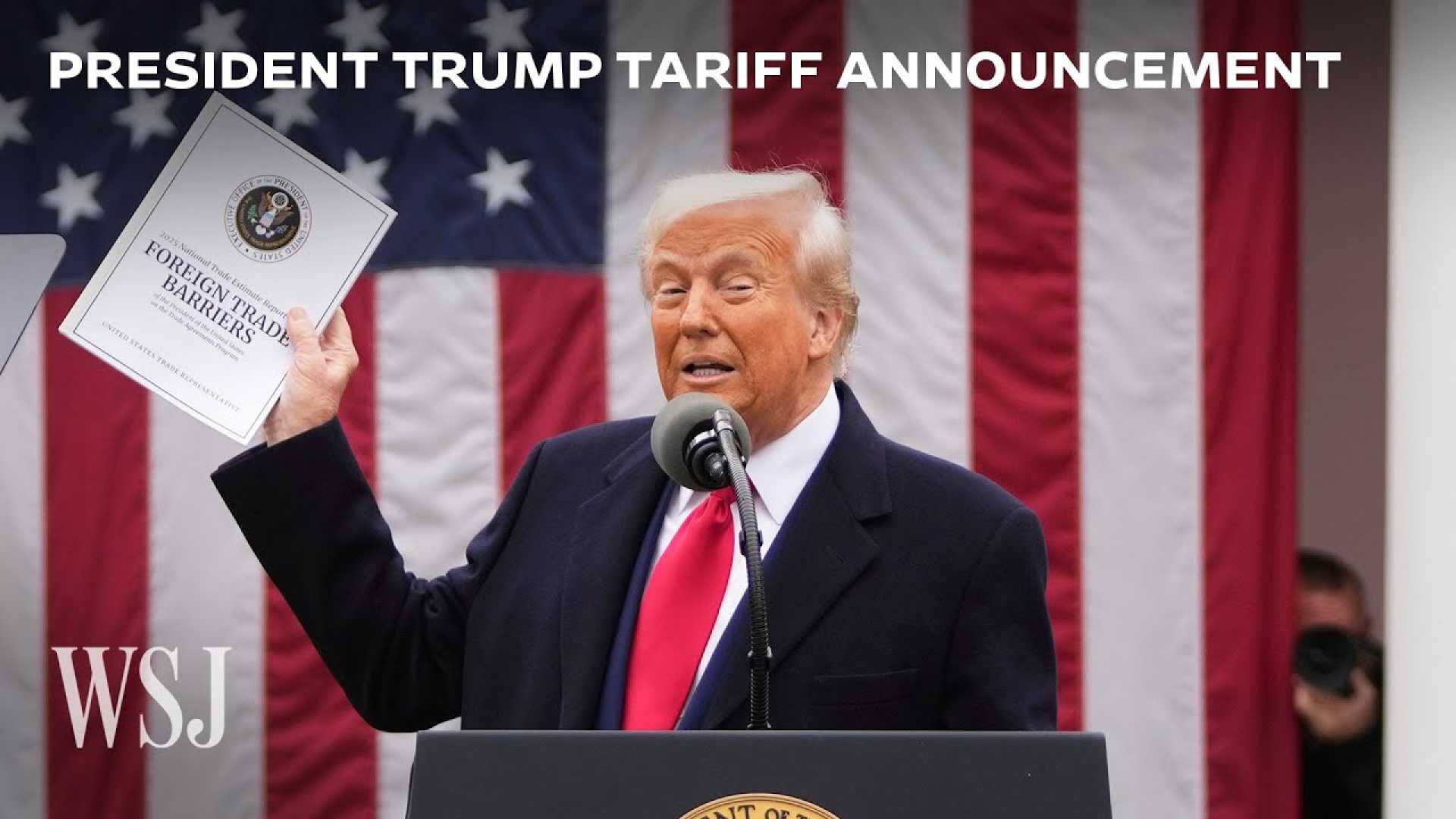Business
Trump’s Surprise Tariff Reversal Sends Global Markets Soaring

WASHINGTON, April 9 (Reuters) – In a surprising policy shift, U.S. President Donald Trump announced a reversal on recently imposed tariffs just hours after their activation, significantly impacting global stock markets. This decision came amid rising concerns following significant financial volatility, reminiscent of the early COVID-19 pandemic, which had driven billions off the stock market.
The abrupt change in stance occurred less than 24 hours after sweeping tariffs took effect for numerous U.S. trading partners. Stocks surged higher in response to Trump’s announcement, which he made while addressing reporters at the White House following a week of intense market fluctuations.
“I thought that people were jumping a little bit out of line, they were getting yippy, you know,” Trump said, using a golf term to describe the market’s reaction. Since returning to office in January, Trump has threatened various punitive measures against trading partners, only to retract them at the last moment, leaving world leaders perplexed.
U.S. Treasury Secretary Scott Bessent stated the administration’s intention was always to bring countries to the bargaining table, reflecting a strategic approach behind the recent tariff decisions. Trump acknowledged that the financial market upheaval factored into his reconsideration, urging flexibility in his policies.
While the temporary halt on country-specific tariffs introduces new dynamics, pressure on China remains high. Trump pledged to escalate tariffs on Chinese imports, raising them from 104% to 125%, reflecting the ongoing trade conflict between the U.S. and China.
The White House clarified that several blanket duties, including a 10% tariff on nearly all U.S. imports, would remain in place. Tariffs already imposed on autos, steel, and aluminum are unaffected by this reversal. Furthermore, duties related to fentanyl from Canada and Mexico will also persist, in alignment with the U.S.-Mexico-Canada trade agreement rules.
“China is unlikely to change its strategy: stand firm, absorb pressure, and let Trump overplay his hand,” stated Daniel Russel, vice president of international security and diplomacy at the Asia Society Policy Institute. He noted that while some countries may welcome the temporary reprieve from tariffs, the uncertain nature of Trump’s trade policies creates discomfort for businesses and governments alike.
Following the announcement, U.S. stock indexes climbed, with the S&P 500 closing 9.5% higher, while bond yields moderated from earlier highs. Analysts observed that while the surge in stock prices offered some relief, it may not reverse the damage done to economic stability and business confidence, as consumer spending remains sluggish.
Goldman Sachs adjusted its recession probability downward to 45%, from 65%, indicating that while the reversal may help, the remaining tariffs could still generate significant economic pressure.
Bessent further commented on the market’s reaction, suggesting that the administration’s strategy was effective in leveraging negotiations, including talks with nations such as Japan and South Korea, and discussions with Vietnamese officials regarding trade issues.
Trump expressed optimism about reaching an agreement with China, stating, “China wants to make a deal; they just don’t know how quite to go about it.” His remarks came after he attempted to calm investor fears on his social media account earlier in the day, asserting, “BE COOL! Everything is going to work out well.”
While the administration grapples with ongoing negotiations with over 75 countries, it remains to be seen how the current situation will evolve and what lasting impact these tariff policies will have on the global economy.












